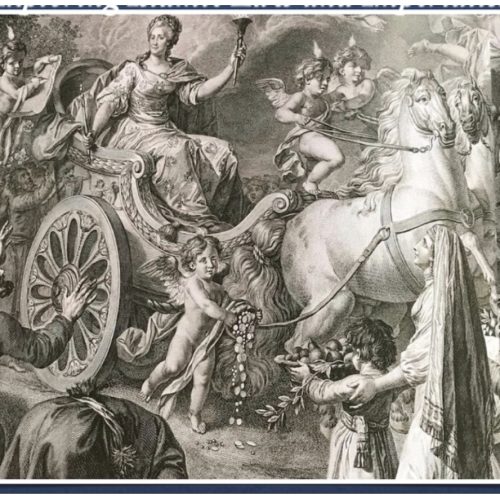
In November 2018, the IIS welcomed to its offices Dr. Albert Frolov, a post-doctoral fellow and scholar at risk. We asked Dr. Frolov to write a short introduction to his work and hope that our community of scholars and students will take part in the Arabic philosophy seminars he will be leading in the Spring.
My name is Albert Frolov, I am a PhD in philosophy and an author of several books on Islamic thought. Initially trained as a translator of Arabic language, I made my way into Islamic philosophy in the MA and PhD program in philosophy at the Faculty of Oriental Studies at the al-Farabi Kazakh National University (Almaty, Kazakhstan). After completing my PhD thesis, I was a visiting researcher in Turkey and USA, where I published several monographs in my native Russian. Unfortunately, my carrier as a researcher and university teacher was suddenly interrupted in 2017, when I had to immediately leave my country due to safety concerns for me and my family. My family and I were fortunately granted protected status in Canada and are now starting a new life. I was fortunate to find Prof. Shafique Virani, who kindly invited me to undertake postdoctoral studies under his supervision, which signaled a start of my new academic life in Canada. I’m now based at the Institute of Islamic Studies (IIS) at the University of Toronto where I have the opportunity to conduct my research as I also benefit from the generous mentorship of my new colleagues.
While in residence at the IIS, I am translating a philosophical treatise written by Mulla Sadra (Sadr al-Din al-Shirazi) (1572-1640) who is, arguably, the most significant philosopher from the Islamic World in the last four hundred years. Precious little of his vast enterprise is yet available to Western readers due to the relatively recent publication of his manuscripts, and the even more limited translations available. His voluminous philosophical exegeses of the Quranic text stand out as an example. One of the earliest, yet most prominent, exegetical works of Mulla Sadra is his Tafsīr Āyat al-Kursī, a 300-page tome devoted to one of the most recited verses of the Qur’an – “the Verse of the Throne” (2:255). Daily, I am treated to the joy of each page I translate, feeling carried away by the philosophical profundity thereof and imagining myself in the scholarly settings of Persia of XVII century.
When I am not translating, I am enjoying the vibrant life of the IIS. The heart of the IIS is its seminar room, which is seldom empty: from the workshops, round-tables and other meetings, the IIS is a dynamic and vibrant space. As a scholar at risk, it is my honor and privilege to be hosted in such a scholarly invigorating and scientifically robust environment; and I only hope that my work will be able to make a contribution to the ongoing spirit of interdisciplinary inquiry and cross-border investigation that are fostered by the IIS.




